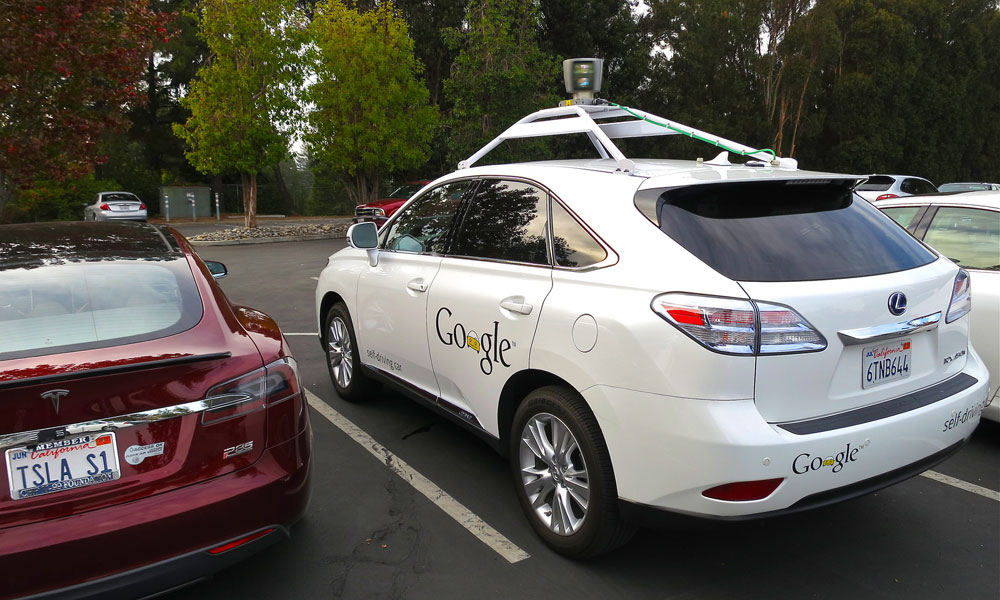
Association Backs Federal Stance on Self-Driving Cars
The National Highway Traffic Safety Administration sees potential for the self-driving vehicles Google has been testing, but the agency issued guidelines to ensure that the states don't get too far ahead—a move one association backs.
Someday, when we hop into a car, we may not have to play an active role in getting from point A to point B. But the National Highway Traffic Safety Administration says that day isn’t today. An association that represents the nondomestic auto industry agrees.
More details:
We support the agency’s efforts to ensure that state legislation does not compromise motor vehicle safety or inhibit current or future safety technology.
The buzz: In recent years, Google has drawn attention for the self-driving vehicles it has been testing in California and Nevada. When California legalized the vehicles in September 2012, the Association for Unmanned Vehicle Systems International applauded the move “with the hopes that one day self-driving cars will become a reality in California and across the country.” A number of other states have considered legislation to allow the vehicles on their roads—including Michigan, long considered the hub for the U.S. auto industry, where Governor Rick Snyder (R) has pushed for testing of autonomous vehicles.
The guidelines: However, the National Highway Traffic Safety Administration unveiled guidelines last week and discouraged states from rushing to allow public usage of such vehicles beyond the testing phase. Also, NHTSA recommended that a state allowing the autonomous vehicles to be driven by the public should require a special license and mandate that an able driver be ready to take control of the vehicle in case of an emergency or malfunction. “There is great promise in this technology,” NHTSA Administrator David Strickland said in an interview with The Detroit News. “These are test vehicles, and (states) should have policies in place to make sure the driving public is safe driving alongside them.” The agency has a four-year plan to assess the potential technical and safety issues the self-driving cars could pose and whether features like automatic brakes should be required.
An association’s support: The Association of Global Automakers, which represents foreign automakers such as Hyundai, Kia, Nissan, and Aston Martin, backed NHTSA’s stance. “This is a fast-evolving issue with numerous states having passed or considered legislation in this area. We support the agency’s efforts to ensure that state legislation does not compromise motor vehicle safety or inhibit current or future safety technology,” the group told the The Detroit News.
The general public may be years off on actually getting autonomous autos, but there’s much potential for the cars in the long term. NHTSA notes that common headaches of driving, such as traffic jams, could become a thing of the past if self-driving vehicles were to become common.
(photo by by jurvetson/Flickr)






Comments